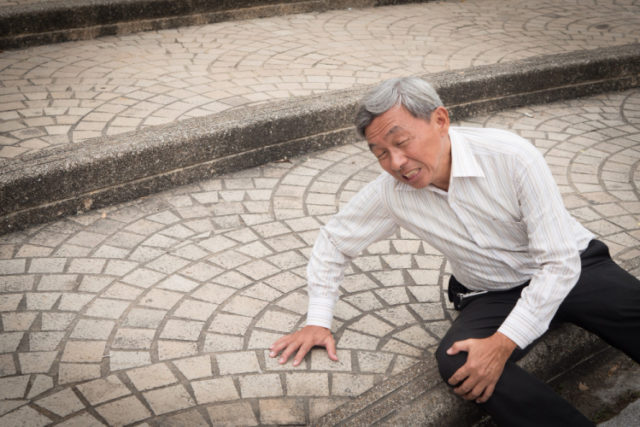
Your home is meant to be a safe place, but accidents can happen anywhere. Dealing with the issues that accompany a bad fall, such as medical bills or inability to work, can cause immense stress for the victim. Fortunately, you may have legal recourse to achieve compensation from your landlord or property manager if they failed to act responsibly.
In order to prove that a landlord was negligent, a person must be able to demonstrate in court that the landlord failed in their responsibility to reasonably maintain the premises and prevent foreseeable harms. You only have a limited amount of time in which to file your lawsuit, so you should hire a personal injury attorney in Ft. Lauderdale quickly and act decisively for your own benefit.
Proving Landlord Negligence After Falling on their Property in Florida
In order to properly bring your landlord to court after falling on their property in Florida, you will need to satisfy the four elements of a personal injury claim for negligence. These elements are duty, breach of duty, cause, and damages.
Duty
As a matter of law, all property owners have certain responsibilities to those who they invite onto their property. These responsibilities come together to constitute a “duty” for legal purposes. Generally, landlords owe their tenants a duty to take reasonable care to prevent harm. This requires that landlords perform inspections of the premises, act to cure conditions that may be hazardous, and warn tenants of these conditions in the meantime.
Landlords may validly shift the responsibility to maintain certain elements of the property through terms in a lease agreement. For instance, if you sign a lease where you as the tenant agree to be responsible for shoveling the front steps of the rental property, the landlord likely won’t be responsible if you slip on a patch of ice, since the duty was properly shifted from the landlord at the beginning of the lease.
Breach of Duty
Barring any such delegation of duties, the landlord’s failure to act according to these principles of reasonable care will be construed by a court as a breach of duty. However, simply proving that a landlord failed to cure a dangerous condition on the property is not quite enough to satisfy the breach element. You must also show that the landlord knew of or reasonably should have discovered the dangerous condition and that the harm that you suffered was a foreseeable result of the condition.
Cause
Even if the landlord failed to meet the requirements of their duties, a lawsuit to recover damages will fail if the landlord’s failure was not the cause of the accident and the injuries. To prove cause, a plaintiff must show in court that the accident would not have occurred “but for” the landlord’s negligence, and that there were no “superseding causes” that were out of the control of the landlord.
Damages
In order to recover in a lawsuit against a landlord for negligence, the landlord’s negligence must have produced harms for which a court may compensate a victim. Possible damages in a personal injury case against a negligent landlord may include medical expenses, lost income from missing time at work while recovering, and pain and suffering that may result from the incident or the respective injuries.
Statute of Limitations for Suing a Landlord after Falling on their Property
In Florida, potential personal injury plaintiffs have four years from the date of the incident to file their formal complaint in court. This time limit is called the statute of limitations. Certain exceptions may apply to the statute of limitations in some circumstances. Examples include instances where the victim was a minor at the time of the incident, or where the injury was not discovered until much later.
However, suits that are filed once the statute of limitations has expired will be tossed out of court. Therefore, it is important that you speak to a personal injury attorney as soon as possible if you are interested in pursuing a negligence lawsuit against your landlord after falling on their property.












